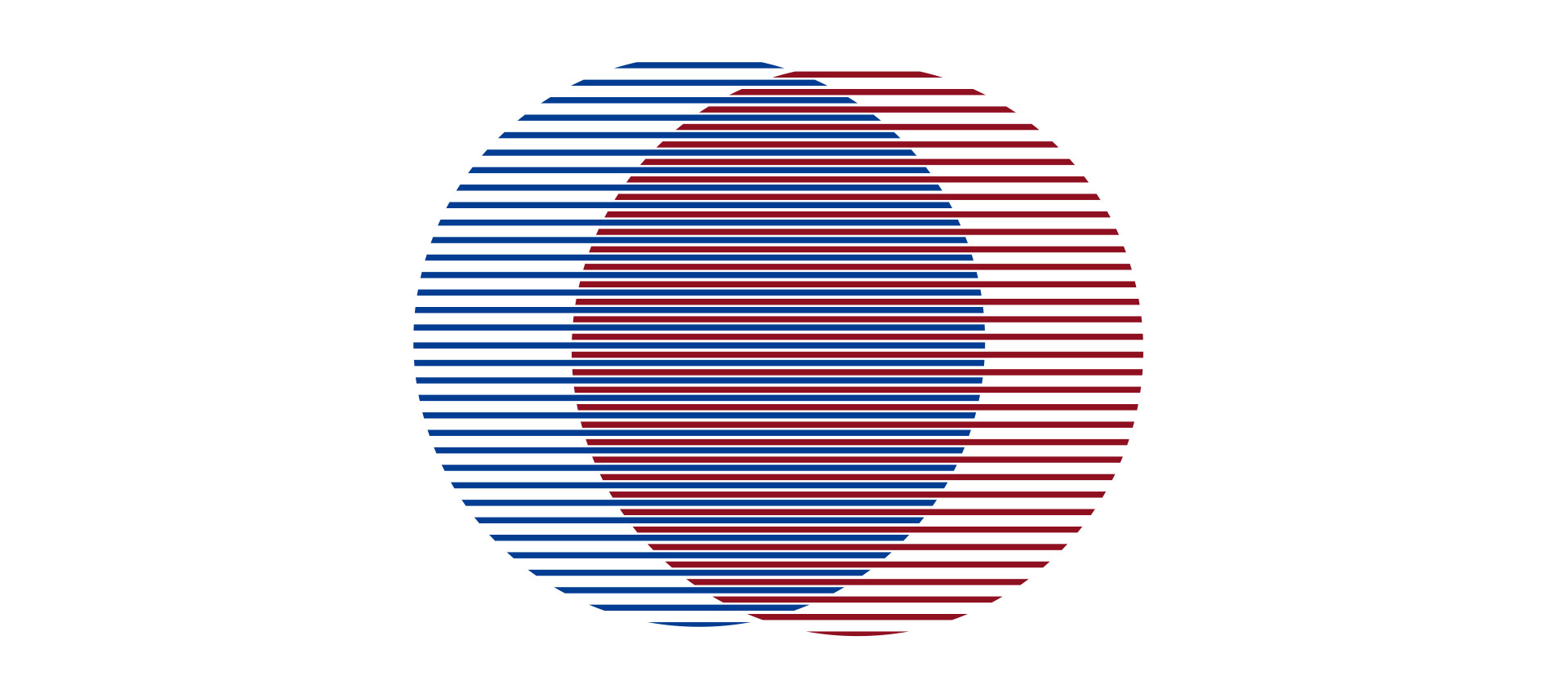Brexit – the UK’s withdrawal from the European Union – has been a spur to new regulatory developments. In recent months, the British approach to dealing with big tech has become increasingly clear and the country is entering a neo-regulatory phase. This is strongly focused on regulating “online harms” and developing a pro-competition approach that engenders innovation. An Online Safety Bill is due to be imminently tabled in Parliament, following recent scrutiny of a Draft Bill by a Joint Committee of the House of Commons and the House of Lords. On the regulatory front, the need to address the wide-ranging challenges of digital dominance has provoked the creation of the Digital Regulators Cooperation Forum – a novel coalition of regulators that aims to share know-how across diverse fields as it grapples with platform regulation.
By Martin Kretschmer & Philip Schlesinger1
I. INTRODUCTION
A new era of tech regulation is about to begin. This is the bold claim behind the UK’s “globally leading” Online Safety Bill which completed pre-legislative scrutiny in December 2021.2 There was intense media attention on the proceedings in the Joint House of Lords/House of Commons Committee.3 One highlight was the evidence given by Facebook whistle blower Frances Haugen on October 25, 20214 and a concrete scenario of unwelcome blogging offered by Graham Smith.5 The Committee’s report was issued on Decemb
...THIS ARTICLE IS NOT AVAILABLE FOR IP ADDRESS 216.73.216.23
Please verify email or join us
to access premium content!

